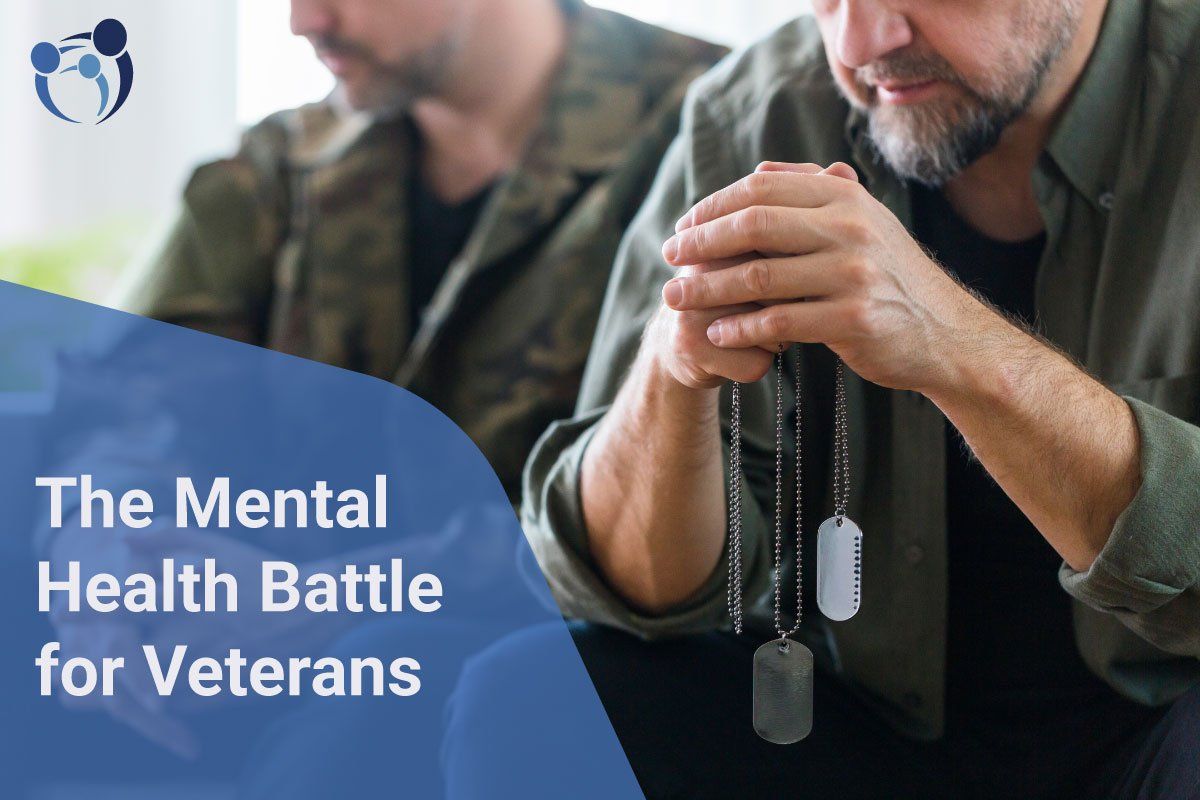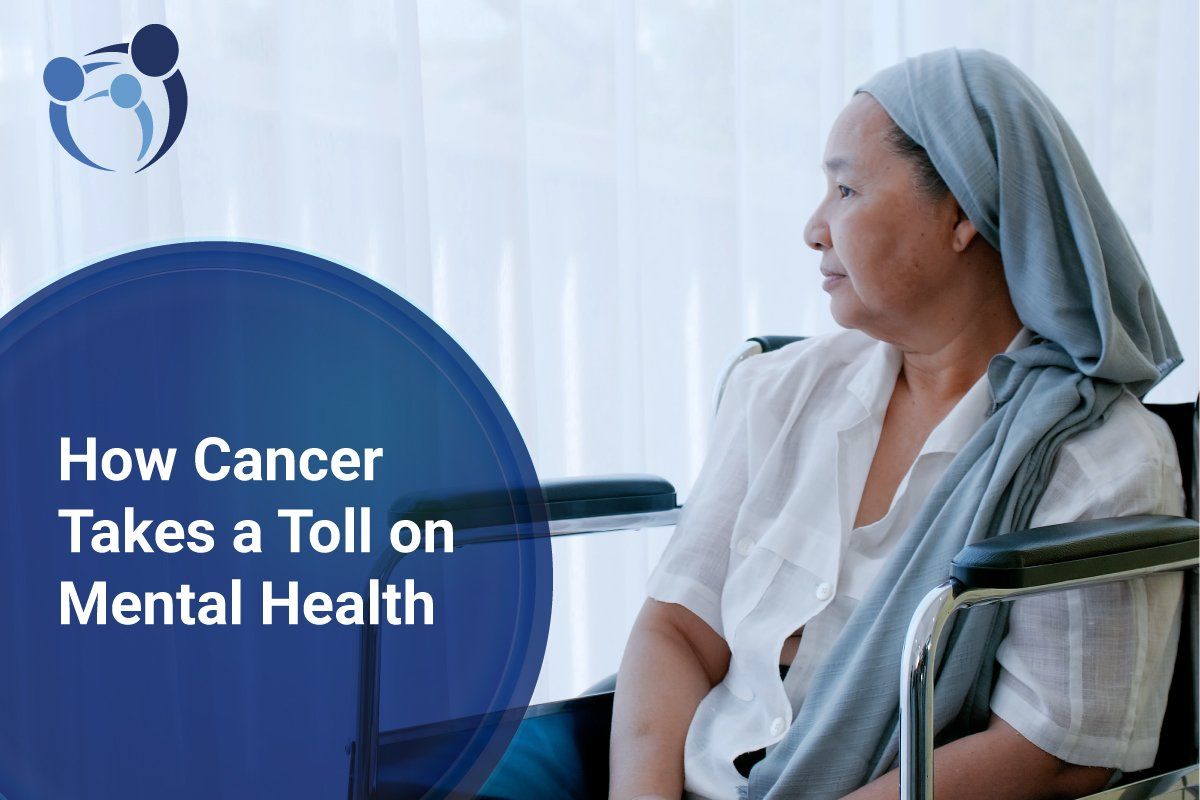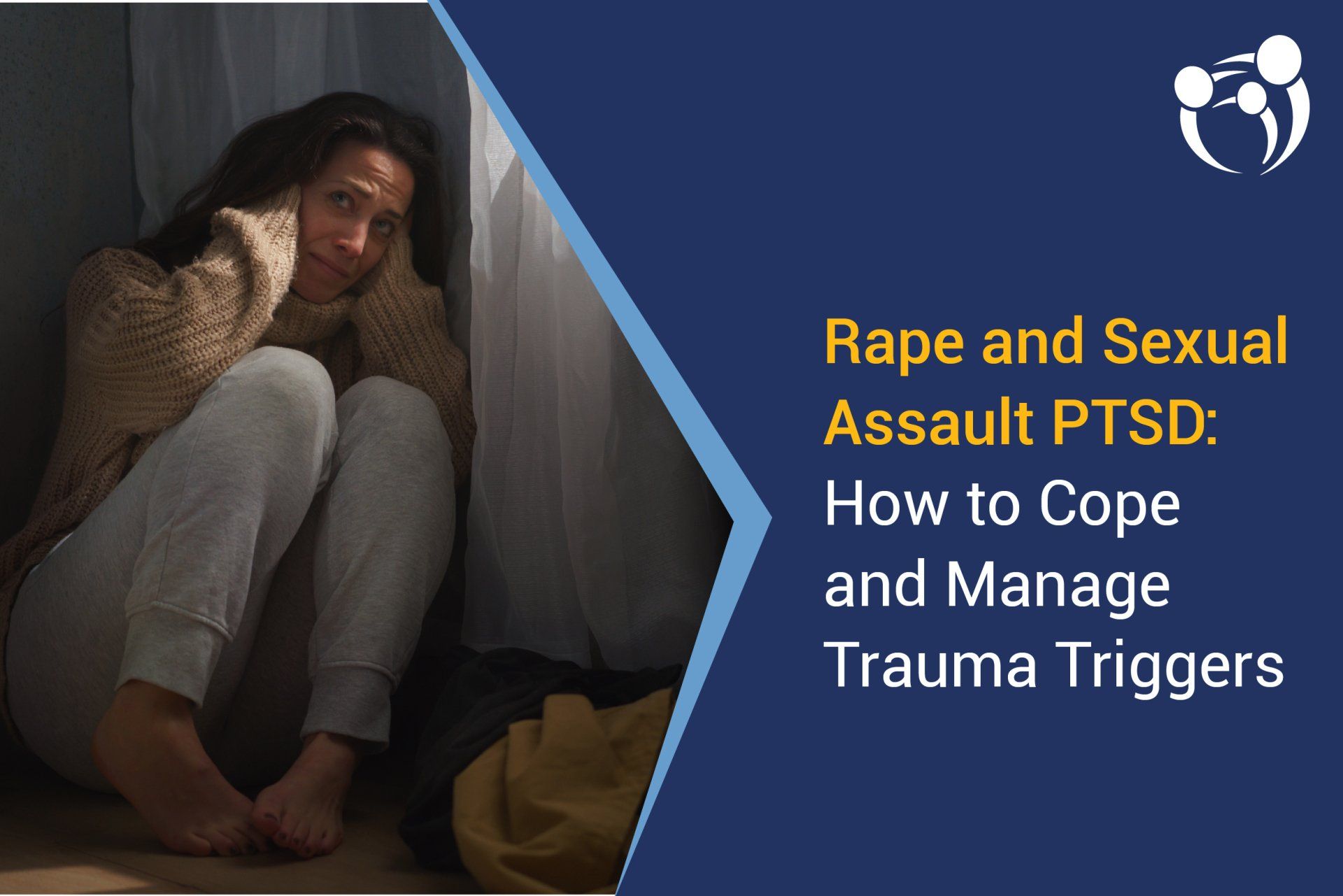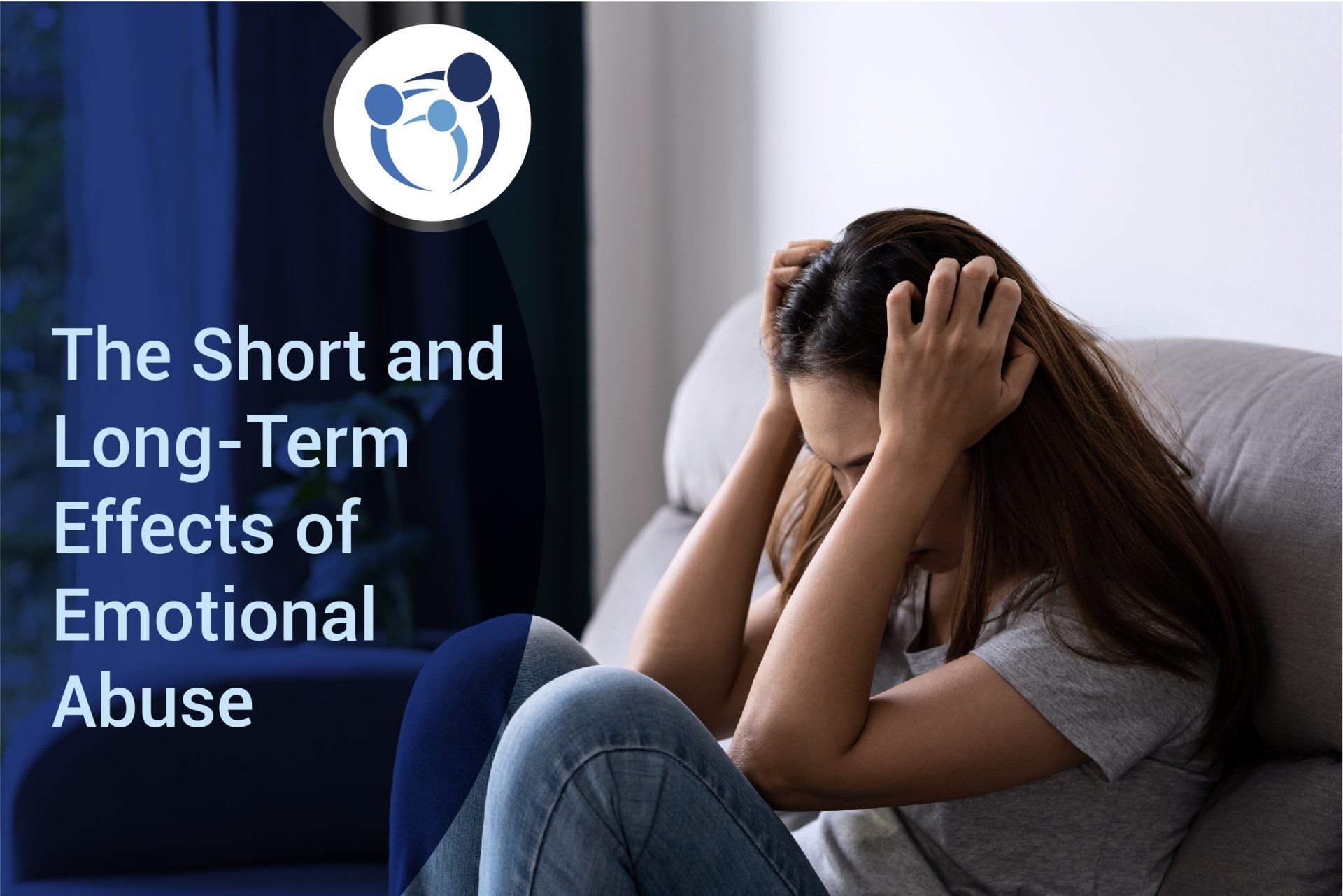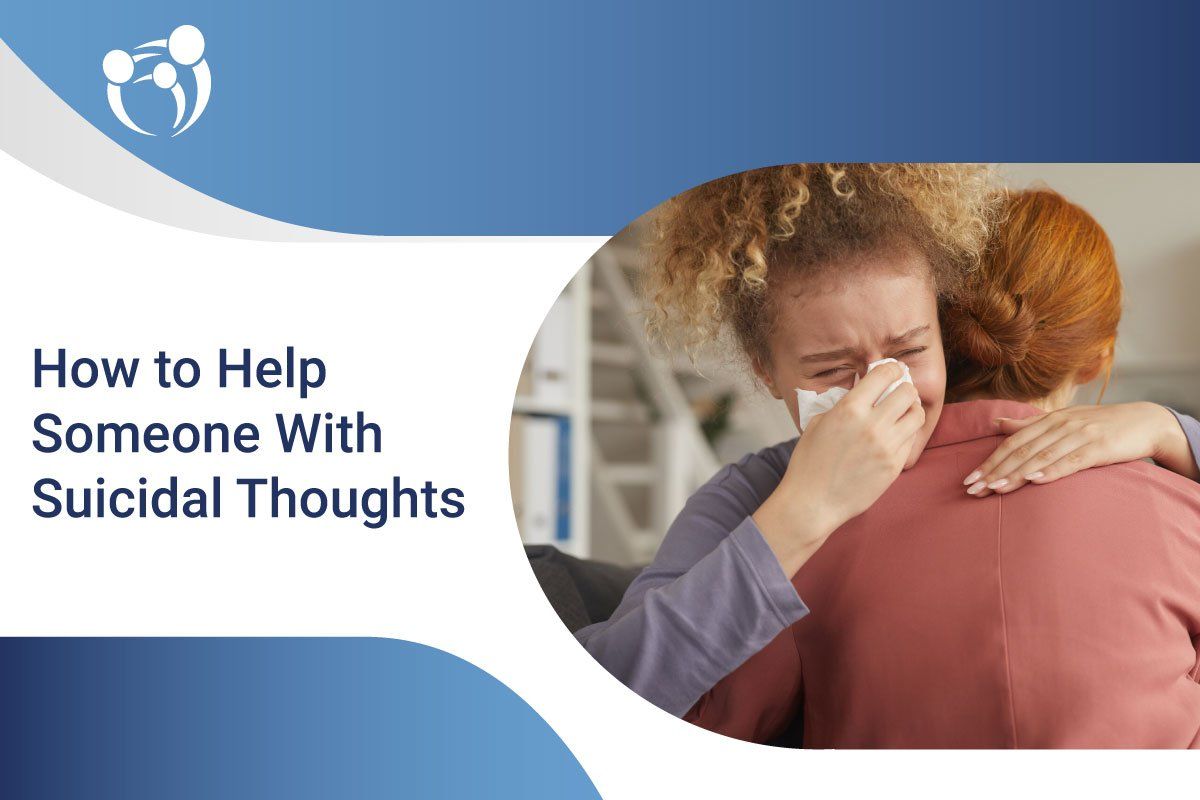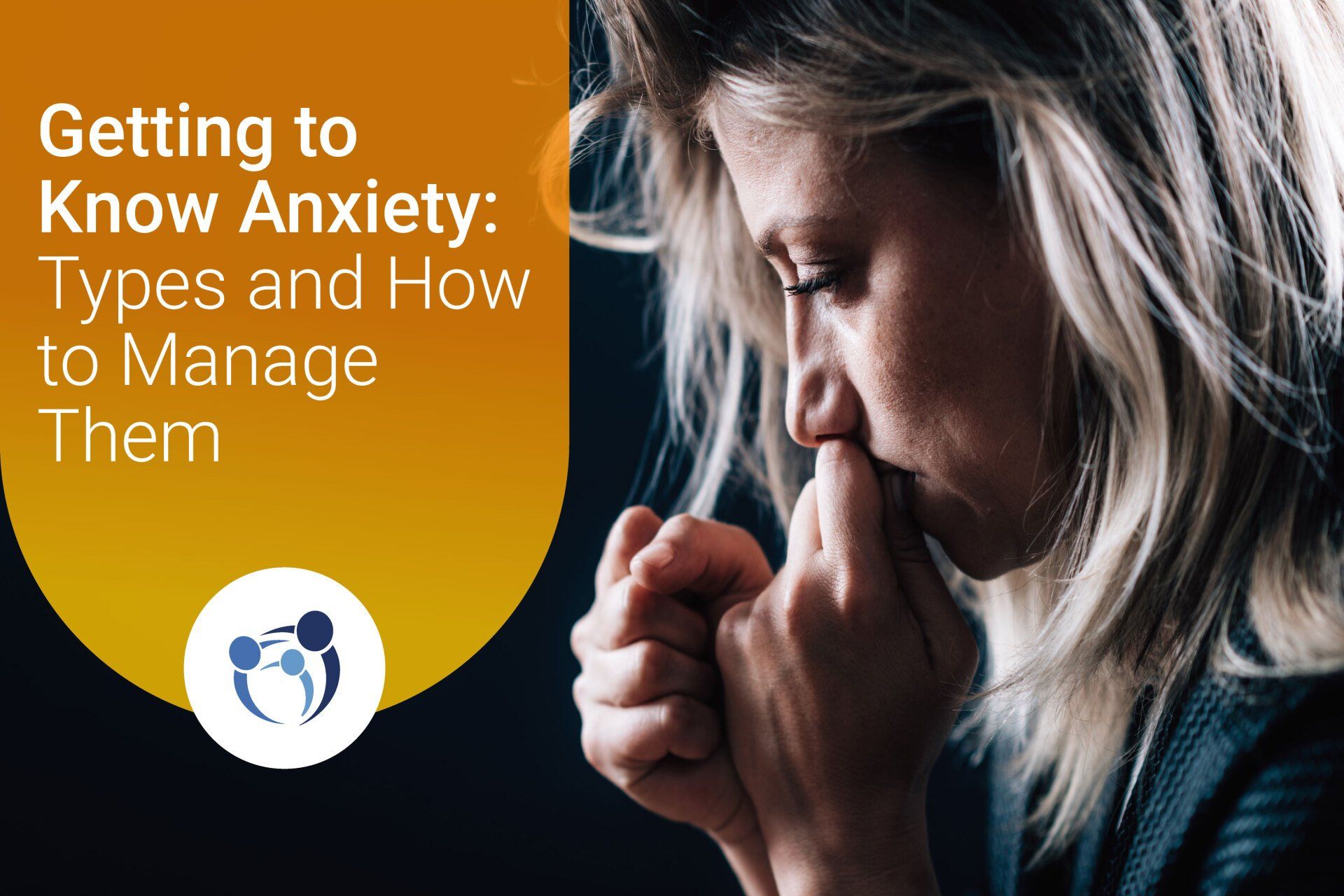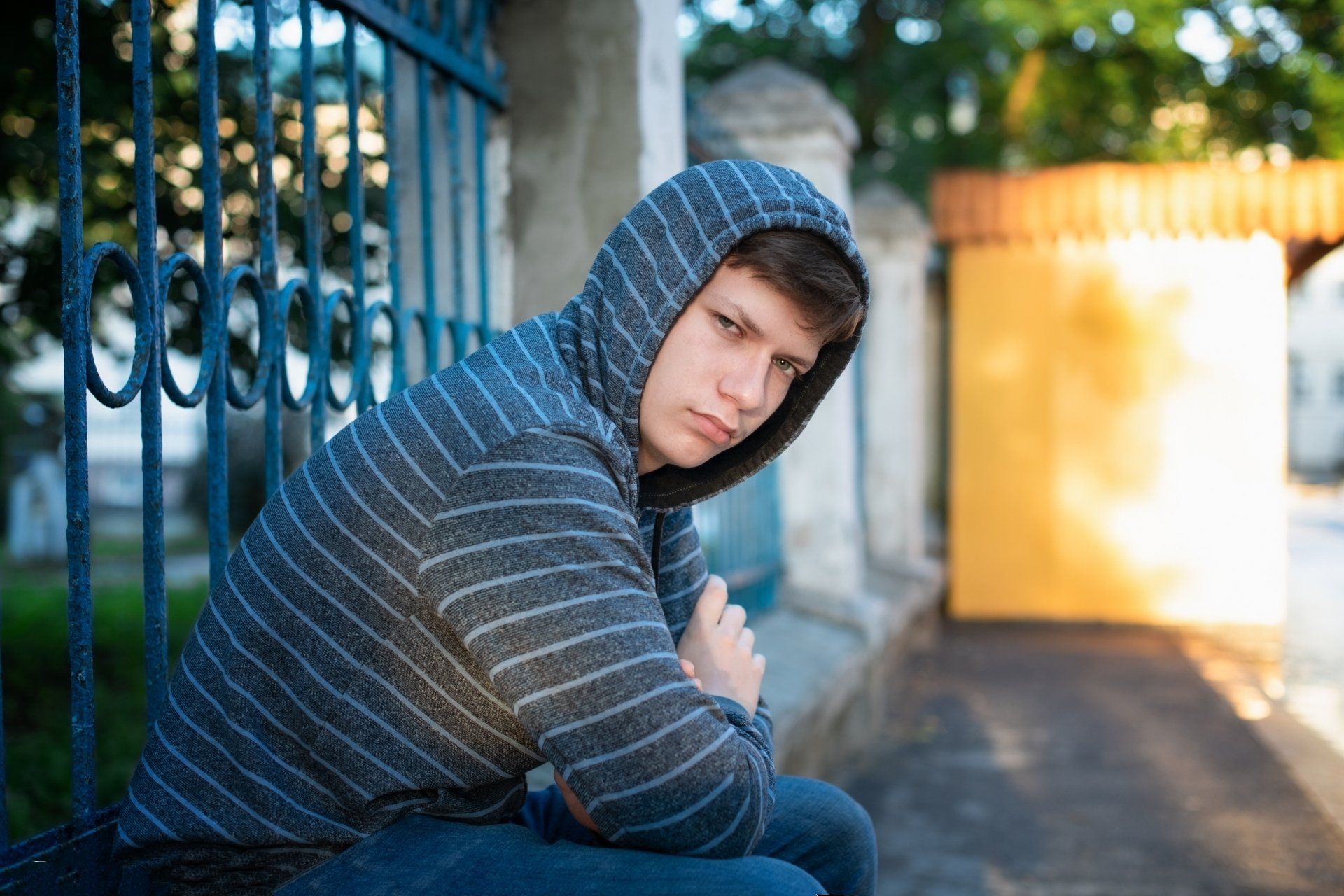Understanding Post-Traumatic Stress Disorder in war veterans plays a significant role in their recovery. Most of these individuals return from military service with traumatic experiences. They are almost always on edge, easily panicked, or quick to anger and aggression. Their behavior results in isolation or the feeling of detachment from their loved ones.
The key to this mental problem is early detection, acknowledgement, and therapy. If you have a family member who suffers from soldier's PTSD, you should learn the military PTSD symptoms and signs. This post will help you identify the key factors that cause PTSD in war veterans. Also, we'll provide you with helpful ways to deal with Post-Traumatic Stress Disorder.
What Causes PTSD in War Veterans?
PTSD or Post-Traumatic Stress Disorder occurs when a person experiences a life-threatening situation. The military is relatively at risk of getting these experiences on or off duty. Most of them have "shell shock" or "combat stress." The negative effect is that their minds often get stuck in the event. And that turns into PTSD if left unchecked.
The Two Ways How The Nervous System Reacts to Stressful Events
The Fight or Flight Response. Your body reacts as if you need to defend yourself from danger, similar to a combat situation. It heightens your physical senses by causing your heart to beat faster and your muscles tighten, increasing your speed and strength. Once out of danger, your feelings go back to normal, and you start to feel calm. It is also known as the mobilization reaction.
Immobilization. Unlike the mobilization reaction, where your body takes action, immobilization is the exact opposite. You get stuck and unable to move even if you want to. It is typically the progenitor of PTSD.
Military PTSD Symptoms
The signs and symptoms of PTSD differ from one person to another. It is generally on a case-to-case basis. Some signs and symptoms may appear days after the traumatic event, while others may experience them within months. Here are the most common symptoms that you should identify.
Recurring and intrusive thoughts of the past traumatic event. Re-experiencing traumatic events is one of the most common signs and symptoms of PTSD in war veterans. They often have nightmares and flashbacks of the past. It causes their bodies to react as if it's happening again. What's more, they get palpitations, uncontrollable shaking, and panic attacks.
Avoidance of things or situations that reminds them of the traumatic experience. Soldiers with PTSD often avoid problems, places, or people that could remind them of the traumatic event. Their behavior creates a rift in their family relationships. They withdraw from friends and romantic partners as well.
Overall negativity. People with PTSD have a negative outlook towards life in general. They develop exaggerated negative thoughts on people and places that remind them of the traumatic experience. Also, they have noticeable changes in positive emotions.
Increased alertness. Another noticeable change that you can identify is increased alertness from war veterans. They are jumpy and emotionally reactive most of the time. You can locate this symptom by their irritability, difficulty concentrating, and sleeping difficulties.
Recovery Tips for War Veterans with PTSD
Supporting veterans with PTSD is the obligation of family members. Their
mental health battle will not heal alone. They need every help that they can afford from others.
Here are the best recovery tips for war veterans with PTSD.
Exercise More and Get Physically Active
Exercising is one of the best ways to channel adrenalin caused by aggression from PTSD. Instead of getting violent, try to focus all your attention on exercise regimes. On the other hand, exercises help release a natural chemical in your brain that makes you feel good. It is called
endorphins. Try to exercise early in the morning since endorphins could last the whole day. Some of the exercise methods you can try are walking, jogging, cycling, or swimming. Once your body adjusts to this healthier lifestyle, you'll notice a positive change in your PTSD condition.
Activate and Stimulate Your Nervous System
PTSD causes your nervous system to be out-of-control. However, if you actively regulate your nervous system, you can prevent the adverse effects efficiently. Here is a list of the things you can try:
- Breathing exercises
- Aromatherapy
- Involve your family
Establish a Connection with Others
One example of this method is volunteering. The ability to help others is ideal for self-healing and recovery. In addition, you can join a PTSD support group. Talking to people with similar experiences enables you to cope faster by realizing that you are not alone.
Switch to a Healthy Lifestyle
Taking care of yourself is an essential step towards recovery from PTSD. Here are a few examples that you can try:
- Eat healthy foods and beverages
- Get enough rest and sleep
- Learn to handle stress
- Avoid illegal drugs and alcoholic drinks
- Quit or avoid smoking
- Learn to release tension in a good way
Win the Battle Against PTSD with ACFMW
Conquer PTSD with the help of
A Center for Mental Wellness. Our services are personalized based on your specific mental needs. We care for our war veterans like family and treat them with utmost care. If you want to live your life to the fullest free of PTSD, please give us a
quick call today!
